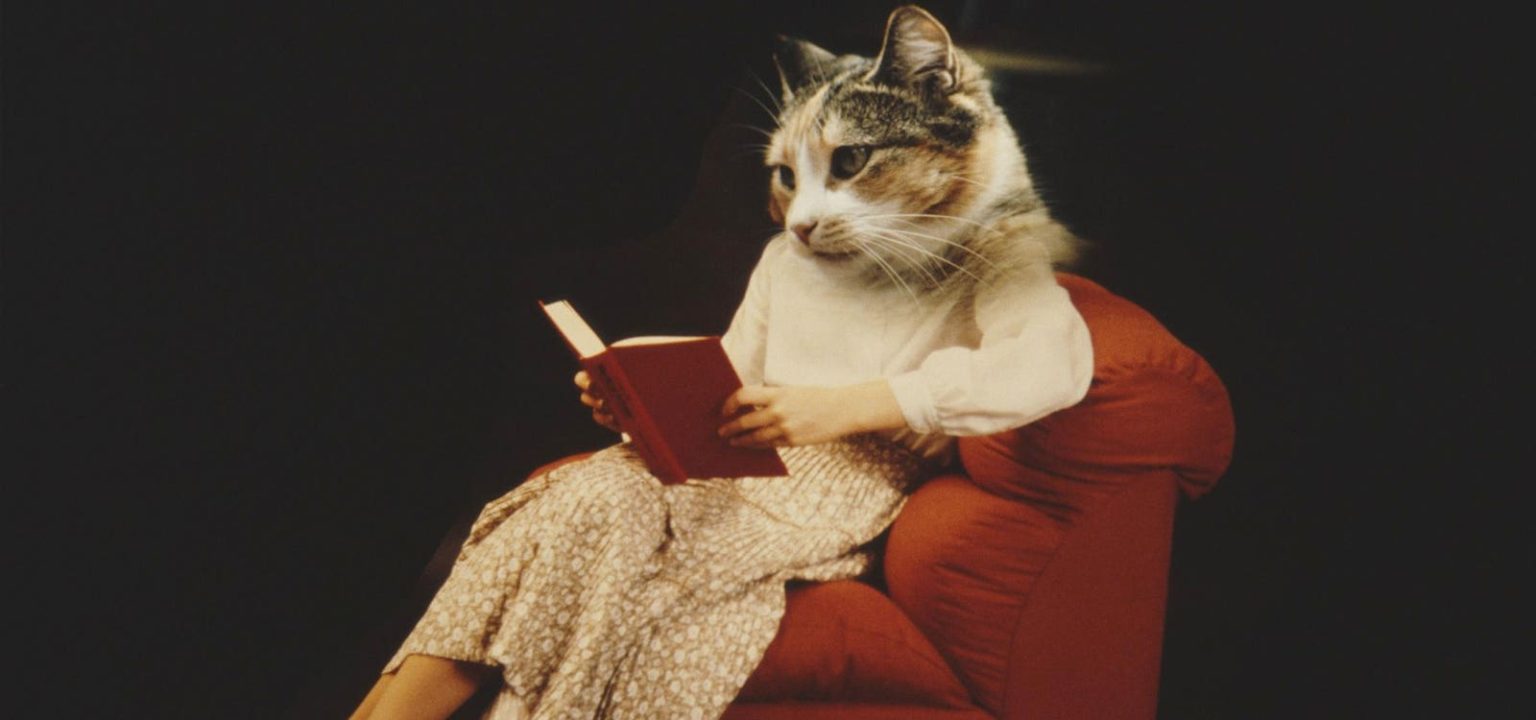Research has debunked the myth of the “crazy cat lady,” revealing that cat owners are not more depressed, anxious, or prone to relationship issues than dog owners or those without pets. A study in 2019 explored emotional responses and mental health patterns among pet and non-pet owners, finding that pet owners exhibited heightened sensitivity to distress sounds from cats and dogs. The study challenged misconceptions about cat owners and single women, showing that owning cats can have positive benefits on emotional well-being.
Cats may mirror or be influenced by their owners’ behavior and personality traits, impacting their own behavior, health, and well-being. For example, owners who are anxious or nervous may have cats that show signs of stress-related sickness, while outgoing owners may have less anxious or fearful cats. Owners who are friendly and easy to get along with tend to have more satisfied and healthy cats. This study highlights the connection between a cat’s behavior and the personality of its owner.
Cat owners come from diverse backgrounds and often feel emotionally connected to their feline companions, finding comfort and joy in their presence. Studies have shown that many cat owners view their cats as family members or children, rather than just pets. Owning a cat can provide companionship and social connection, especially for single individuals. Research has also indicated that individuals with cats experience fewer negative emotions and feelings of isolation, with single individuals with cats reporting fewer bad moods compared to those with a partner.
Stereotypes about the “crazy cat lady” are often misleading and do not accurately reflect the reality of cat ownership. Choosing to own a cat, or any other pet, should be based on personal preference and happiness rather than societal stigmas. Empirical evidence can help individuals make informed decisions about pet ownership, free from the influence of stereotypes. It is important to live authentically and in alignment with one’s inner world, regardless of societal expectations or misconceptions.
The stereotype of the “crazy cat lady” portrays single women who own multiple cats as eccentric, neurotic, or socially isolated, prioritizing their cats over human relationships. This myth is often used in a derogatory or dismissive manner and can perpetuate negative stereotypes about cat owners and single women. Research has shown that cat ownership can have positive effects on emotional well-being and social connection, debunking the negative portrayal of cat owners as “crazy.” By challenging misconceptions and embracing pet ownership for the joy it brings, individuals can live authentically and find companionship in their furry friends.













